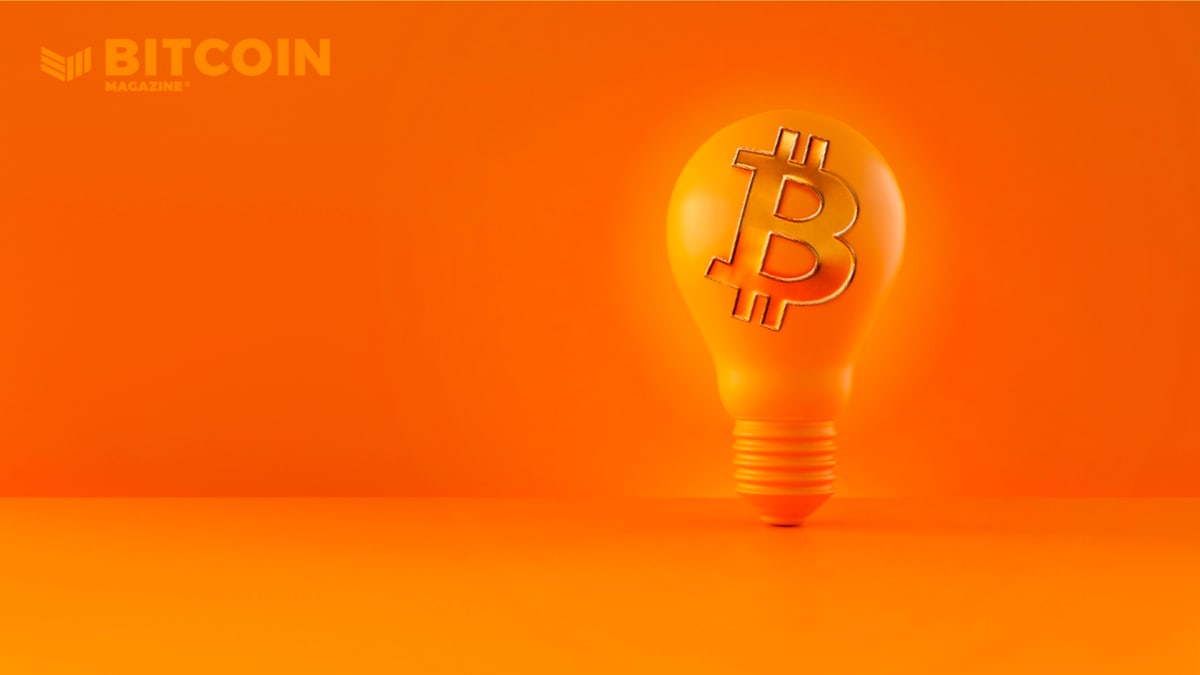2020-7-16 09:55 |
Ever since Compound launched its governance token COMP, the DeFi sector has been red hot with many people getting in the industry. The total value locked on the Ethereum platform has surpassed $2 billion mark, and the overall market cap for the top 100 DeFi tokens is over $7.5 billion. One thing that has been driving people to the sector has to be the fact that DeFi platforms are incentivizing users by offering them more predictable returns compared to crypto trading. It’s these promised yields when combined with FOMO that has driven the latest growth within the sector, leading to fears of a bubble by some experts. Something reminiscent of the ICO bubble in 2017. In less than ten days, the COMP token rose from $64 to around $427, a remarkable 667% before settling at $160 where it currently trades. The number of users on the platform is also at its highest with over 43,000 individuals according to crypto analytic firm DeFi Prime.
Despite this explosive growth, the DeFi sector is riddled with challenges with security, stable prices, and sustained returns remaining critical issues. But one upcoming platform is planning to change all this up by offering a full-stack DeFi platform that aggregates multiple decentralized finance solutions for individuals and institutions that want exposure in this new finance world. It is also addressing some of the critical issues within the sector, namely privacy and security.
DeFi Aggregating PlatformThe project is PlutusDeFi. It aggregates multiple DeFi products and applications on a single platform with a focus on excellent user experience, design, privacy, and anonymity. As gas fees on various networks increases and the companies behind them are no longer able to absorb the costs for their customers, PlutusDeFi, by aggregating all functionality, is able to reduce the costs for end-users.
The project has utility token PLUTUS token that guards against short term price speculation. Users can also stake the tokens and generate rewards. Thanks to the token, all fees are reverted to the token and split into three pools; namely, re-audit fund, staking pool, and buy back and burn.
Through its flagship product Lend & Earn, PlutusDeFi aggregates multiple lending solutions like Compound, dYdX, BZX, Aave, and Curve.fi on a single product. This allows users to select the best DeFi lending protocols in just three simple steps. The platform offers a simple and easy to use user interface that displays a user’s lending portfolio showing the interest earned.
The platform also has developed a hybrid Bridge-Bonding Curve model that combines the bridge toll model just like the LTO Network and implements an exponential price increase model that is in the form of a bonding curve model when it gets to the last stage of its token sale. This allows microcap projects like PlutusDeFi with a small team and small budget to rapidly increase the value of their tokens through deflationary mechanisms.
So far, the project has managed to raise its hard cap of $1 million through seed and private sales and has attracted massive attention from some leading VC’s, media, and founders within the crypto space. Some of its latest investors include the likes of Blockchange Capital, Ethereal Capital, Danish Choudhury, CEO of Bitcoin.com Exchange, Eric Benz, CEO of Changelly, Thibaut Denonain, Head of Trading at Goldbaum & Partners. Sean Klingosum, the Managing Partner at Torchlight Ventures and George Samman, former Wall Street Senior Portfolio Manager and Market Strategist.
As part of the project’s plans to become a full-stack DeFi Aggregator, the development of the main platform has been completed, and now the team is working on privacy integrations and insurance with Nexus Mutual and Aztec both companies based in London. This will allow users to purchase insurance through Nexus Mutual or Opyn through a few clicks.
Venturing Into The African Mobile Money MarketThe project doesn’t stop there as its looking to taking DeFi lending to mobile phone users in Africa. The platform is working partnering and integrating with several leading telecom companies like Lipisha, Vodacom, and M-Pesa.
Vodacom is a publicly listed company on the Johannesburg Stock Exchange Limited, while M-Pesa is a leading mobile-based payment, money transfer service, and microfinancing service operating in nine countries in Africa and Asia.
The move will enable users to deposit and withdraw into money markets like Compound, Aave, DyDx, and Curve.fi. Users can send their native currencies through mobile money credits to Local PlutusDeFi mobile money business accounts and authorized agents, thus solving the inflation issue posed by political risks and in the process allowing mobile money to enter DeFi.
To achieve this goal, the platform converts local currencies with FX providers, sends them to local crypto exchanges, and then hedges them against a USD denominated stablecoin. As the fiat currencies are held in fiat vaults, the internal PlutusDeFi stable coin proxy is then converted to a stablecoin like DAI and deposited on lending protocols.
Image(s): Shutterstock.com
The post How An Upcoming DeFi Platform Aims To Transform The DeFi Sector Through Aggregation appeared first on NullTX.
origin »Bitcoin price in Telegram @btc_price_every_hour
Defi (DEFI) на Currencies.ru
|
|









